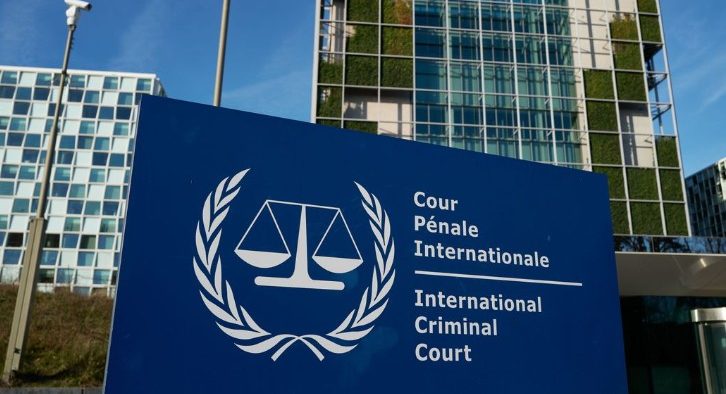Universal jurisdiction courts are the last bulwark against impunity

Souleymane Camara, President of the Human Rights Defenders Network of Mali.
Universal jurisdiction courts exist as a means of remedy against perpetrators, sponsors, or accomplices of international crimes.
The recent withdrawal of the member states of the Alliance of Sahel States from the International Criminal Court (ICC) is deeply concerning, even though it may appear justified due to the Court’s alleged exploitation by Western powers.
Indeed, this universal court, established under the Rome Statute, has failed to prosecute all the international crimes it has been made aware of.
It has even been subjected to U.S. sanctions aimed at weakening its authority or preventing it from prosecuting individuals close to the United States.
The ICC has often been criticized as a selective international court due to the interference of Western powers.
Moreover, international arrest warrants issued by the ICC have frequently gone unenforced by states that are parties to the Rome Statute.
With the current trend of sustained withdrawals from the Rome Statute, the International Criminal Court risks eventual dissolution.
Persistent interference, operational obstacles, and numerous sanctions against ICC judges could ultimately lead to its disintegration if such actions continue.
Nevertheless, alternatives do exist — notably, the possibility for the United Nations Security Council to refer cases to the ICC, regardless of whether the state in question is a party to the Rome Statute…
Mr. Souleymane Camara
President of the Human Rights Defenders Network of Mali

